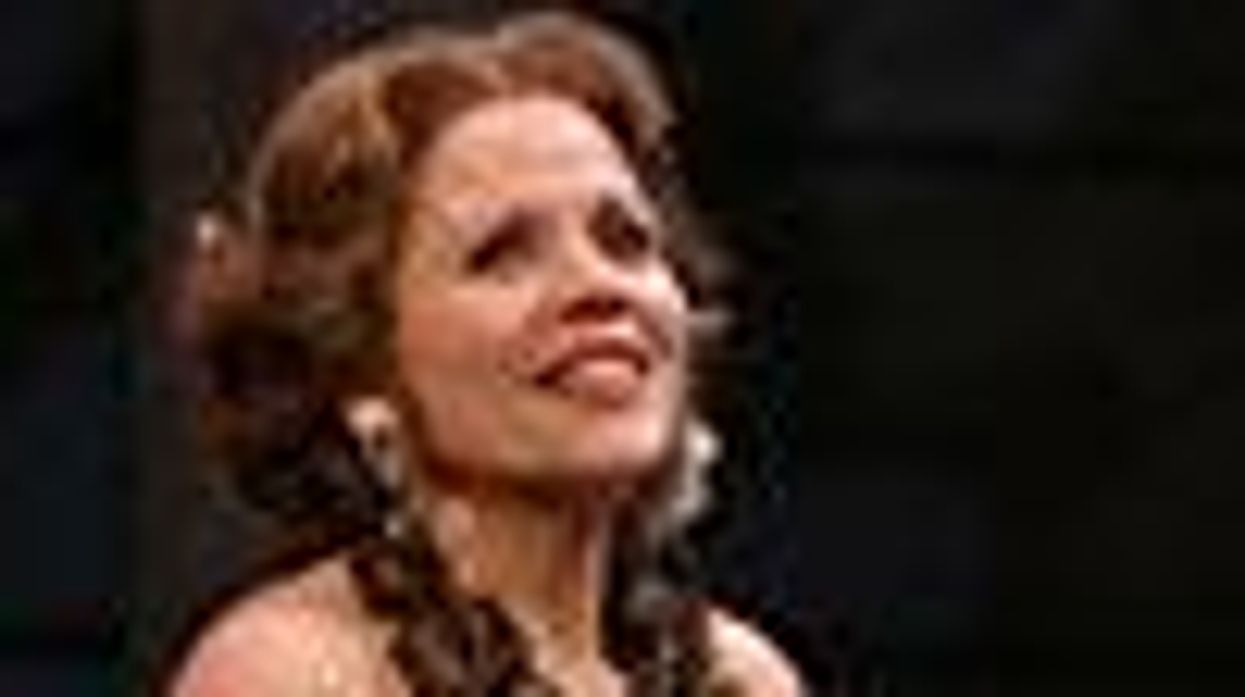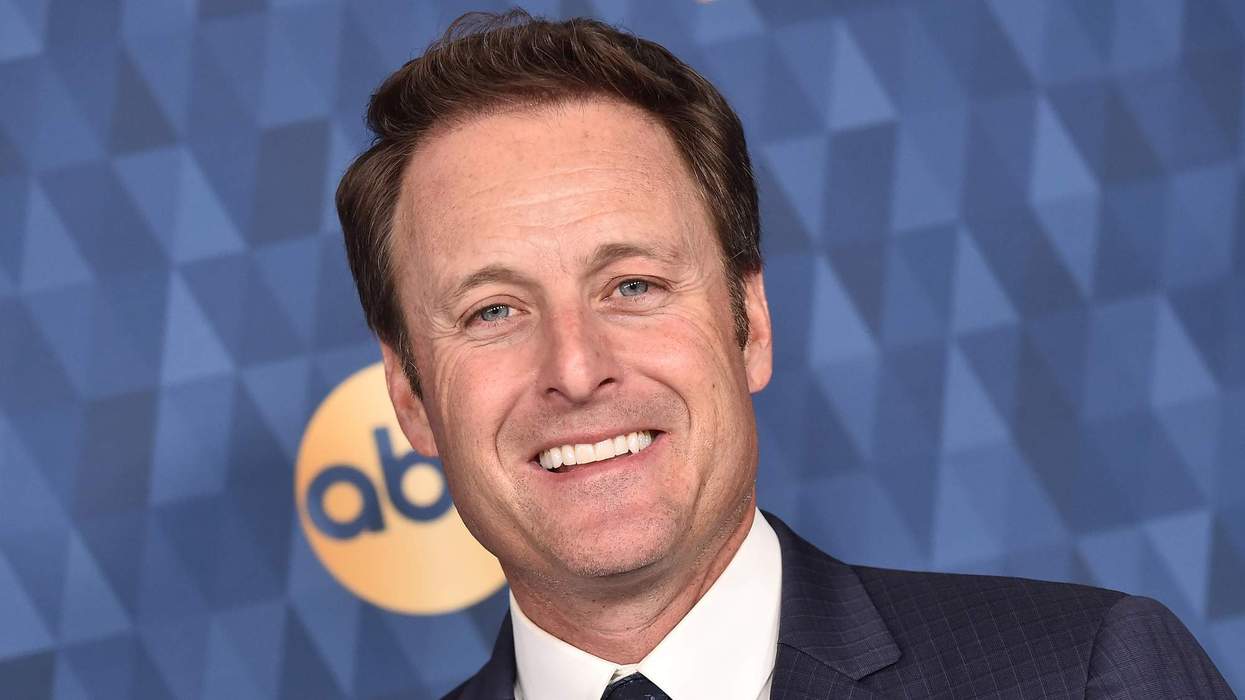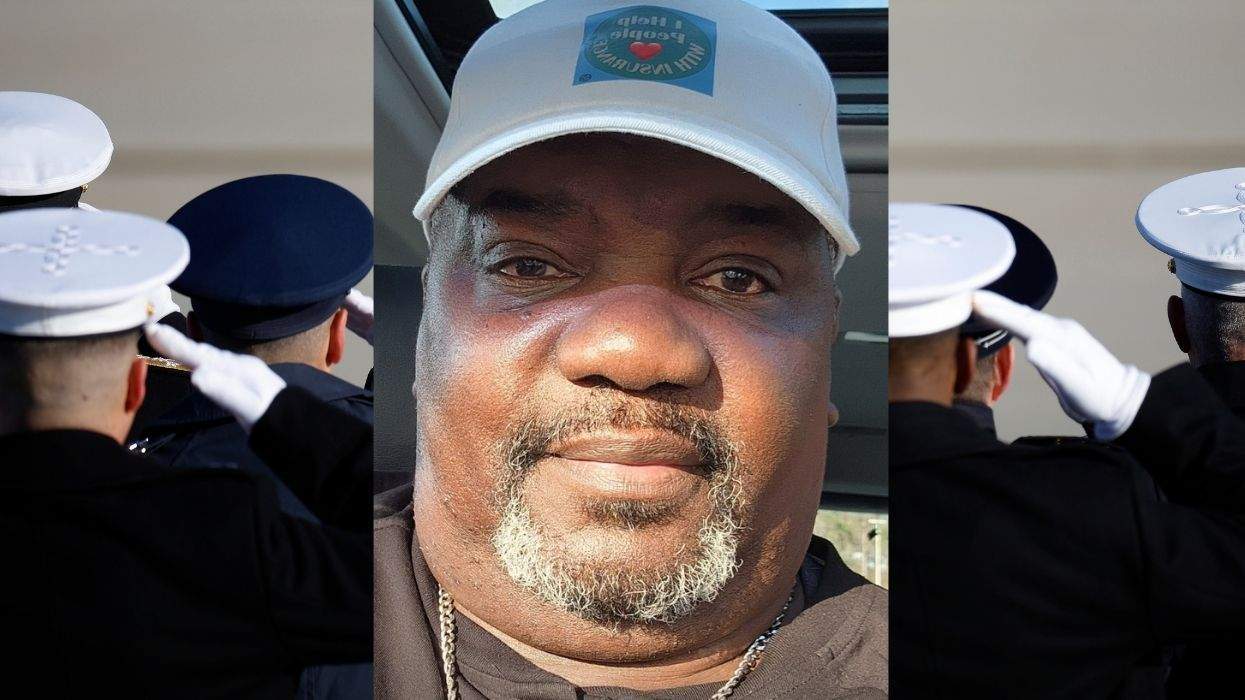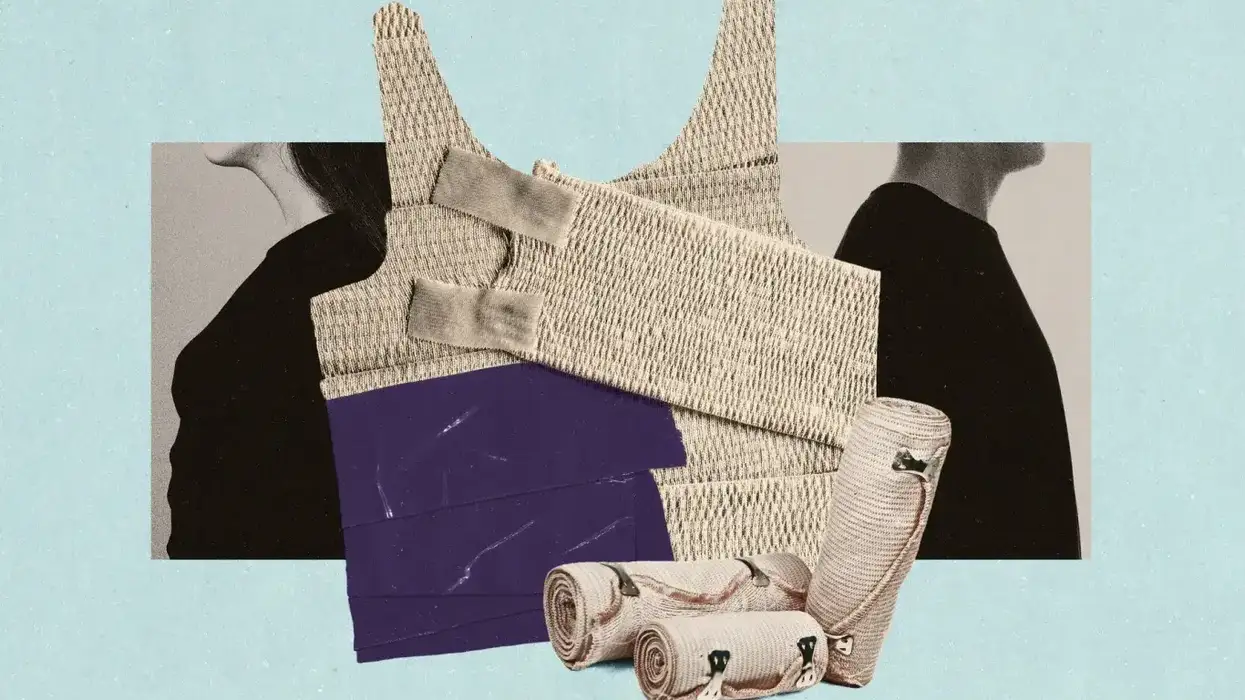She works hard for the money
Last season, one of Los Angeles Opera's two closing productions was a version of Giuseppe Verdi's La Traviata that had me worried that Elmer Fudd or Porky Pig would come racing across the stage, so cartoonish and lacking in elegance was the transposition of the Verdi classic to a madcap '20s era. They even had the consumptive yet glamorous Violetta Valery done up a la Louise Brooks during the normally curtain-down overture. And it got worse, believe me, much more egregious. In my own straw poll, I was unable to find anyone--anyone--who approved of what had been done to one of the great warhorses of the operatic canon.
So this year we got the stunning news that, for a short run beginning Sept. 9, the role of the courtesan Violetta would be sung by one of the great divas of our day, the lovely but elusive (to us) Renee Fleming. And then the whispering began: Fleming had it in her contract that she would not sing the role as a flapper; Fleming's contract meant nothing, and we would see her as the faux Louise Brooks, come hell, high water, or Marta Domingo. I always believed the soprano dubbed "the Beautiful Voice" would stick to her guns and give us a classic 19th-century heroine (think Greta Garbo in Camille), but the whispering continued until opening night.
When the curtain stayed down through the overture, I felt reassured, but the majority of the audience sat in suspense until the curtain went up on a beautiful belle epoque party scene. Granted, I saw the same party scene in 1999 and 2001, but just the knowledge that Fleming's Violetta would be encased in voluminous skirts, off-the-shoulder bodices, and sausage curls made me happy, so very happy. I can't even tell you what it meant, though I could try--if you had the endless patience.
From her first notes at the party, in the aria Flora, amici Fleming sang the opera as though she were born to sing it. (Violetta is, in fact, one of her signature roles.) Then, giving one time to think that maybe Verdi was gay, Violetta is struck by the singing of an unknown guest, Alfredo Germont (sung thrillingly here by the Mexican tenor Rolando Villazon), and the two fall rapturously in love. Both parties know how to do a love scene; they were clawing at each other like two forest creatures. Given their obvious passion for each other and the majesty of their singing, I doubt there was a dry seat in the house. Mine was wet, I confess.
So, in short order, the two lovers are dwelling outside of Paris (as if that city were a destination solely for the characters in Victor Hugo's Les Miserables--not my impression of Paris at all), and of course they have money troubles. So Violetta vows to sell off her niceties in Paris, and Alfredo isn't happy about that at all. Before Violetta can get off to Paris, however, a much less pleasant fate befalls her--namely, a visit from Alfredo's pop, Giorgio (sung here by Renato Bruson, no match for last year's Giorgio). His dropping-by is unexpected, and in impassioned duets he tells of the ruin an alliance with Violettta is bringing to the family, while she in turn breaks hearts with her protests of love and then finally accedes to the father's demands--but not without first attempting to assure Alfredo of her love.
We next see Violetta (clearly dying of the consumption ravaging her) at a gala affair being thrown by Violetta's friend Flora Bervoix (company regular Suzanna Guzman). Violetta is escorted by her old, um, friend, the Baron Douphol (Philip Kraus). Alfredo, as luck would have it, is there on his own and not only wins money from the baron but tosses Violetta's earnings from selling her belongings into her face, which causes the poor consumptive to collapse on the stairs. He calls the money "payment" for their time together. Well, she is a "working girl," after all, though anyone can see that she truly loves Alfredo.
And then there's the death scene, with Violetta lying in state in an imposing bed with swags hanging from it and, off to the side, a handy little chaise longue. Violetta comes to in true operatic style and receives a visit from Alfredo, who had fled abroad after wounding the Baron Douphol in a duel. Her ill health and impoverished state renew the feelings of love he had for her, causing them to sing some more rapturous duets, and shortly Giorgio Germont arrives, himself wracked with sorrow at Violetta's plight. She gets her second wind, as happens in opera--long enough to clutch at Alfredo and sing her love for him--and then she dies.
I've seldom seen an opera as well-acted as this was. Both Fleming and Villazon sang with passion and grace, and both acted their parts beautifully. Kudos also must go to new music director James Conlon, who conducted the orchestra to the point that it sounded, well, mammoth. The sets may have been seen before, but after last year's fiasco, they looked splendid.
I know some critics have faulted Fleming for taking the easy way out, but short of flying through the air like Supergirl, she is just not of this earth. Brava, the Beautiful Voice!
Inquiring minds want to...burn
Oh, am I glad there is no Inquisition anymore, despite G.W.B.'s somewhat heavy-handed whipping-up of the Religious Right into a frenzy. Truly, if he could sing, there might have been room for him in the second of Los Angeles Opera's productions, Giuseppe Verdi's grand opera of religious insurrection, Don Carlo, which followed La Traviata directly on Sept. 10. (Talk about a one-two punch!) But, even if Dubya sings well (oh, he couldn't), I doubt that he'd want a part in this opera. Too Catholic for the likes of him. Hell, I was born Catholic, and it was almost too much for me. After all, during the Inquisition I'd have gone right to the flaming stake--you know, boys who prefer to play with other boys. Naked.
Anyway, Don Carlo commences with a monk praying before the tomb of the current king (Philip II)'s father, the late Holy Roman Emperor Charles V. (Get out your medieval history books, folks, if you want to know why this is a tad odd for an opera set in the Spanish royal court. It's too dense for this weak-minded critic to try to explain to you.) Anyway, at the same time, as so often happens in opera, the current heir to the throne, Don Carlo, comes in to lament the loss of his betrothed, Elizabeth de Valois, in an underhanded act of regal mischief. Yes, the woman he loves above all others is now his stepmom, and there ain't no good having a tantrum about it. As they say, "Once a queen..."
Meanwhile, one of the queen's ladies in waiting, Princess Eboli (how often I wanted to call her Ebola!) is carrying a massive burning torch of love for Don Carlo, but more about her later. There's still far too much political goo to wade through.
Another of Don Carlo's missions, aside from seeing Elizabeth, involves the Netherlands. Rodrigo, the Marquis of Posa, is quite anxious to have Don Carlo join him in Flanders, where the two can lend aid to the Protestant citizenry. So, yes, Don Carlo is about a religious insurrection, but it's also set at the height of the creepy Spanish Inquisition, so the unfaithful are being fed to the stake like barbecue cubes.
Lest you think there are no moments of amour, relax. Elizabeth regrets her marriage to Don Carlo's papa, and Eboli is quite sure that her love for Don Carlo is being returned. These folks could have done with a medieval Dr. Phil to straighten them all out, but alas. The best they could come up with was the Grand Inquisitor, and this was 100 years or so after Torquemada had his cruel day rooting out heresy. So this "Grand Inquisitor" was called simply that. Which didn't mean he wasn't a fierce old thing, as we see when Philip leads Elizabeth to witness an auto-da-fe. Such fun!
Beforehand, Elizabeth and Don Carlo admit their love for each other, and in a bit of chicanery Eboli masquerades as the queen in the garden, where Don Carlo reiterates his love for her. Having heard this, Eboli unmasks herself, and, once she realizes Carlo's tender words were not for her but Elizabeth, she flies into a royal rage.
It's all downhill from here, with Carlo pulling a sword on Philip, Rodrigo disarming Carlo (and thereby being elevated to a duke), and Eboli slipping Elizabeth's jewel box to Philip, who finds a portrait of Carlo secreted therein. Carlo gets thrown into prison for his treachery, but Rodrigo talks the king out of anything more serious, such as the Grand Inquisitor would arrange. In the meantime Eboli confesses to Elizabeth that she has been the purveyor of the queen's jewel box to the king, and--worse yet--she admits to committing an act of adultery with the king. (So much for courtly manners!) This causes Elizabeth to order Eboli to choose either exile or commitment to a cloister.
Rodrigo, on the other hand, suffers a fatal gunshot wound when he visits Carlo in prison to tell him that he, if not Carlo, will continue the fight to get Spain's heavy boot out of Flanders. Meanwhile, the creepy Grand Inquisitor berates Philip for neglecting his papal-given duties and allowing Carlo to live. However, live he does--but not without proclaiming his intention to grant freedom to Flanders. Then, against all courtly logic, Elizabeth and Carlo can't resist one last meeting, in which both vow to live to their best the sad lives that Fate has doled out to them. Elizabeth sings of the necessity for her to be a good little Maxwell House wife, and Carlo sings of his need to avenge Rodrigo and be a true savior of Flanders. At this, the king and the Grand Inquisitor arrive to commit Carlo to the stake. In this moment the tomb of Charles V opens and Don Carlo is led by a spectral monk into the darkness, where a certain death awaits him.
I told you at the beginning that this was a mite Catholic even for me, who used to love to hang out in the National Shrine of the Immaculate Conception in Washington, D.C. I should also mention that one of my favorite movies is The Song of Bernadette. But this opera was set in an era of the Catholic Church that gives me nightmares. Granted, Verdi was doing the same thing that Michael Moore does in all his anti-Bush flicks. Still, as has been recently quipped (I think on Project Runway), "the devil's in the details." Aside from nightmarish Catholic historical details, this opera boasted some fine singers. And, seated as I was in the Founders' Circle, the orchestra (again conducted by newcomer James Conlon) and vocalists sounded magnificent, even if I couldn't always tell who was singing at such a distance.
Notable among the singers were two whose registers don't always make me swoon, but this night they did. Mezzo-soprano Dolora Zajick (Princess Eboli) shook the rafters with her stunning vocal abilities, and Ferruccio Furlanetto brought the bass role of Philip II a mighty majesty that hasn't been heard in, oh, I don't remember when. This is not to say that the other members of the cast were poor; far from it. They were simply outclassed. Salvatore Licitra was a so-so Don Carlo; Lado Ataneli likewise sang the role of Rodrigo with only so much oomph; and, as Elizabeth de Valois, Annalisa Raspagliosi should've demanded direction that kept her offstage when Ms. Zajick was singing.
John Gunter's sets were red, red, red, with arches that fit together in a variety of formations that somehow aided the acoustics of the Dorothy Chandler Pavilion. God knows I'm a sucker for red, but in this setting it eventually made me feel that I needed to stand up and scream out a good Act of Contrition.
All in all, it was a Don Carlo quite worthy of Hollywood (and our first ever, I believe). But I have an idea: How about a nice Hindu opera, one with no acts of suttee, please. Just pretty painted live elephants and a few trained monkeys. I know: A Musical Passage to India. That's the ticket. Choreographer Kitty McNamee would have a ball, all those dancers wrapped in vibrant dupattas to match their saris. Makes me want to go buy a bolt of silk right now.















